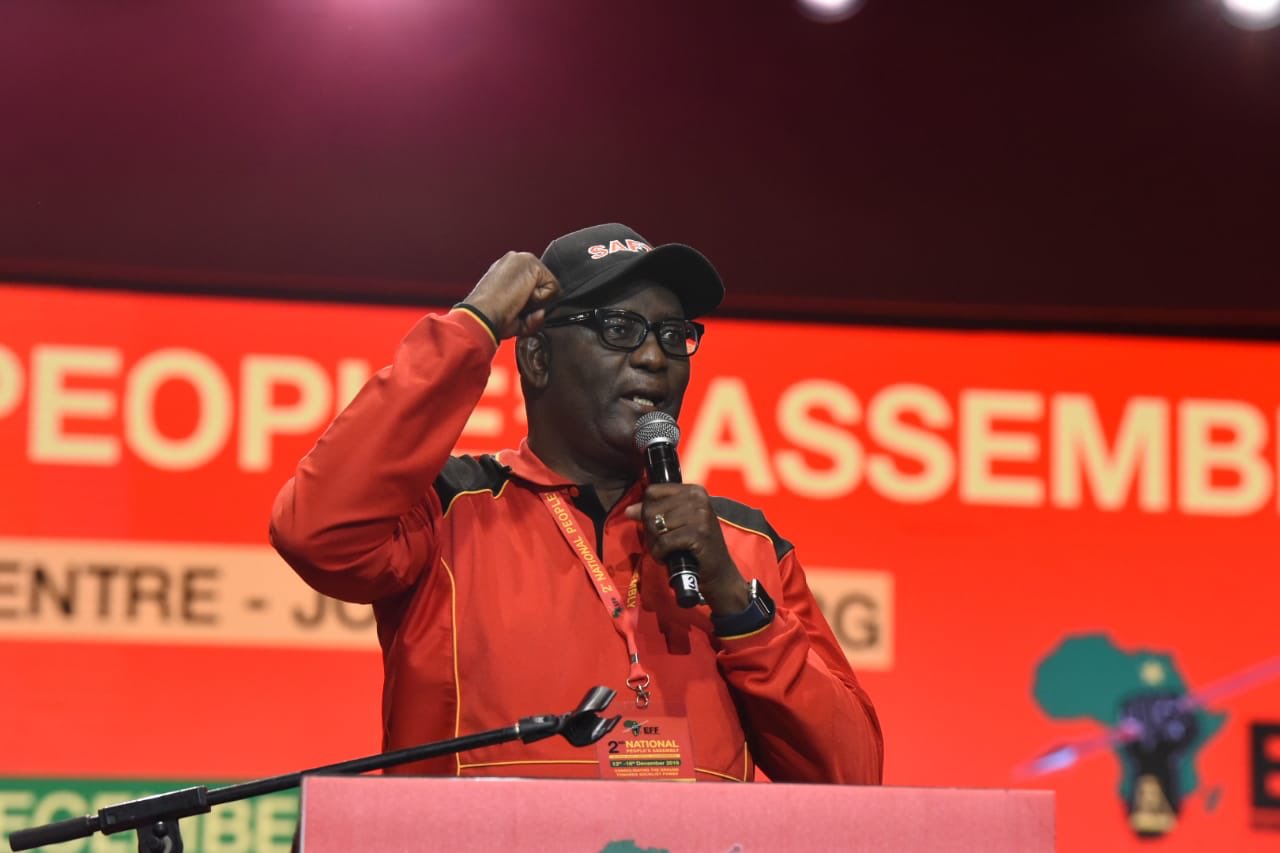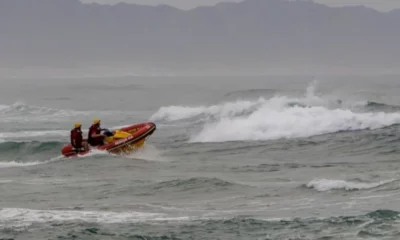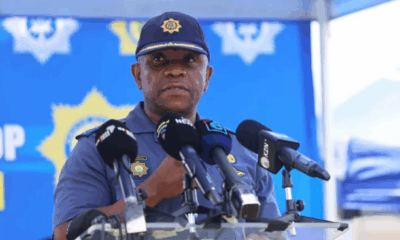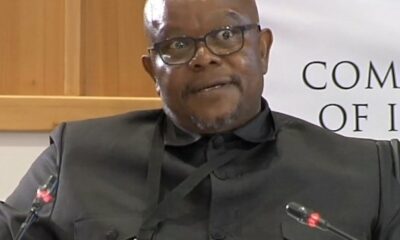News
Saftu Slams Police Chief Over Controversial Blame on Unions

Saftu Hits Back at Police Chief Over Claims Unions Cause Officer Shortage
In a fiery exchange that has stirred conversations across social media and government circles, the South African Federation of Trade Unions (Saftu) has taken aim at Lieutenant-General Nhlanhla Mkhwanazi for his recent remarks linking police officer shortages to union wage demands.
“Unions Are Not the Problem”
Mkhwanazi, speaking at a government crime stakeholder session in KwaZulu-Natal on Tuesday, suggested that unions are hampering the recruitment of police officers by demanding higher salaries. He claimed that wage increases are directly responsible for fewer hires and, ultimately, rising crime.
But Saftu’s general secretary, Zwelinzima Vavi, was quick to push back. In a statement released Wednesday, Vavi described Mkhwanazi’s comments as misleading and a distraction from the real challenges facing South Africa’s police force.
“Saftu strongly disagrees with the assertion that union salary demands are behind the lack of police officers,” Vavi said. “Budget cuts, austerity, and systemic underfunding are the true crisis.”
The Numbers Tell the Story
South Africa is facing a stark gap in policing. The South African Police Service (SAPS) currently operates at roughly one officer per 423 citizens, far below global benchmarks. Some official documents from 2024-25 indicate ratios closer to one officer for every 427 people, numbers that leave many communities vulnerable.
Vavi highlighted that the shortage forces many South Africans to rely on private security. “With over 2.7 million registered private guards now outnumbering police and military combined, protection has become a luxury the wealthy can afford, while the majority remain exposed,” he said.
Paying Police for the Risks They Take
Vavi stressed that the police deserve salaries that reflect the dangers and responsibilities of their work. “Government must provide living wages that are in line with the cost of living and the risks officers face every day,” he said.
While Saftu disagrees with Mkhwanazi’s blaming of unions, Vavi agreed on one point: police training is essential. He called for investment in proper training, tools, and accountability structures to ensure officers are professional, equipped, and trusted by the communities they serve.
Broader Reactions
The Congress of South African Trade Unions (Cosatu) also weighed in, calling Mkhwanazi’s comments “misplaced and out of context” and warning that such remarks risk sowing tension between the labour movement and law enforcement leadership.
Meanwhile, Mkhwanazi’s own controversies continue to unfold. He has accused former politicians, including Mchunu, of interfering in police investigations and alleged a network of corruption within the National Prosecuting Authority, the judiciary, and the police. These claims are now under scrutiny by both Parliament and the Madlanga Commission, which is set to begin investigations in September.
As debate rages over the roots of South Africa’s policing crisis, one thing is clear: pointing fingers at unions does little to address the shortage of officers or the underfunded systems they operate in. For many South Africans, the question remains: who will keep communities safe when public services are stretched so thin?
{Source: The Citizen}
Follow Joburg ETC on Facebook, Twitter , TikTok and Instagram
For more News in Johannesburg, visit joburgetc.com



























